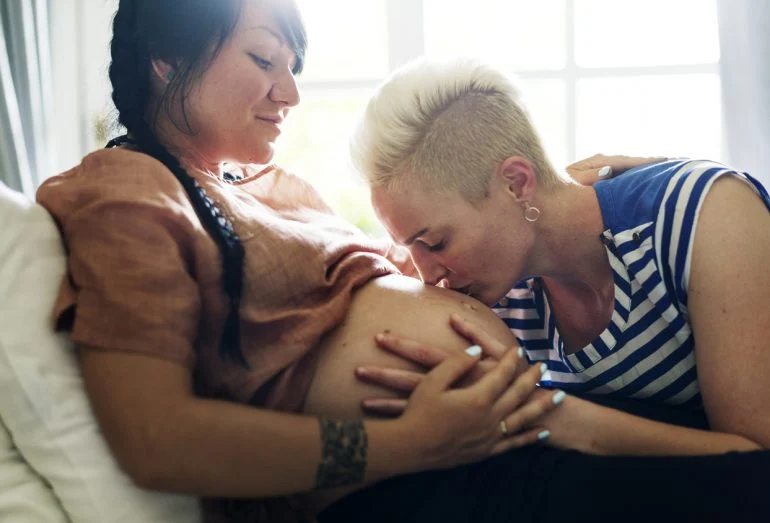As I anxiously awaited my fourth son’s first smile, the thought of being a “special needs” family barely crossed my mind. What started as a short three-week wait stretched into three long months, and my worries began to nag at me—not about him, not about us, but about our future as a family. When that smile finally appeared, relief was nowhere to be found; instead, I felt an unsettling foreboding. It was as if I was being prepared for the reality of my sweet Oliver, a bright, playful 2 ½-year-old with tousled hair and glasses who communicates with only a few words and faces delays across nearly every developmental milestone.
I couldn’t bring myself to label us a special needs family when we first began genetic testing at four months old. The term filled me with dread, and it resurfaced during the IV procedure for which he had to be sedated at just 1 ½ years. Despite the absence of a specific genetic diagnosis, an MRI revealed delayed myelination and significant oral-motor difficulties. Hope still flickers in the background, even as doctors and friends have become less encouraging, no longer dismissing the concerns that weigh heavily on my heart. Sure, people have affectionately called Oliver a little Einstein more times than I can count, but I know that’s just a temporary fix for a deeper reality.
If anyone is a champion of hope, it’s me. I adore my son, who is now 2 ½, and I yearn for him to express his needs, especially as his tantrums increase in frequency. For so long, I clung to the belief that I was wrong, dreaming of a future where Oliver’s words flowed like poetry. Yet deep down, I recognize that this isn’t our reality. He shows signs of understanding our words and even empathy when a sibling is hurt, but when his own words come, they will emerge from immense effort, never as fluid as I wish.
Regardless of what lies ahead, we are indeed a special needs family now. For the past two years, I let hope cloud my judgment, delaying the acceptance of our situation. It’s clear that to secure the services Oliver requires, I must embrace this identity. And you know what? It feels liberating. We diligently fill out applications, painstakingly transcribing codes to get the assistance he needs. We’re preparing for his first school experience in the special needs class at our local elementary school. Do I want to do this? Absolutely not. But the alternative is far worse—pretending everything will magically fall into place while driving myself insane.
Instead, I choose to move forward, accepting the help I never wanted and stepping into a classroom I wouldn’t have chosen, no matter how much I adore its teacher. The hard truth, shared with love by the speech therapists I trust, is that my youngest son may never speak in words. Ignoring this reality or waiting for things to improve would not serve Oliver or our family well. So yes, we are a special needs family, and I am grateful for every moment of it.
